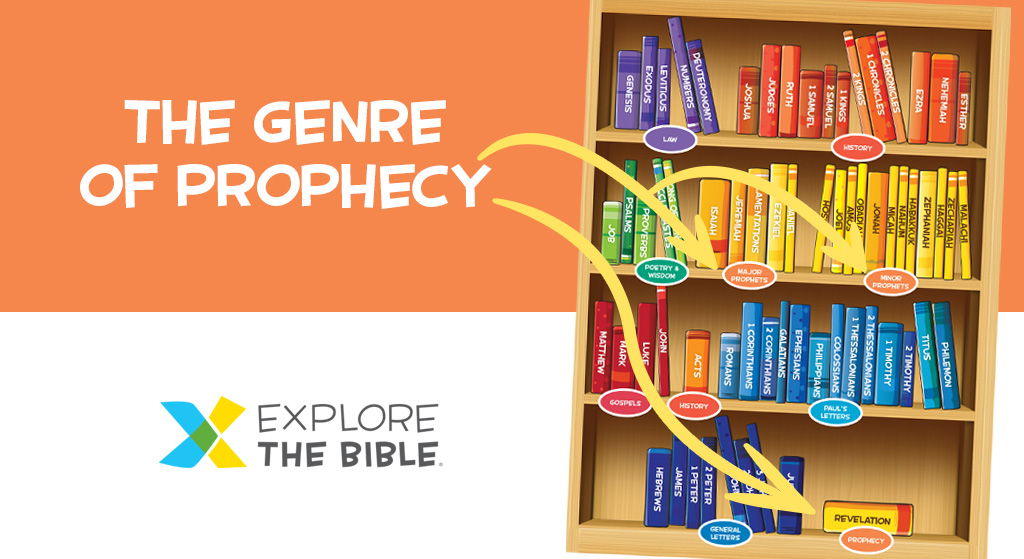Similar to the Books of History, there are 17 Old Testament and 1 New Testament Books of Prophecy. These prophetic books record revelations from the Holy Spirit through human instruments. Prophets in the Old Testament were men called by God to deliver specific messages to a group of people. For much of Israel’s history, their relationship with God was troubled. God had given Moses the Ten Commandments for the people to follow to live righteous lives before Him. God provided a system of repentance through a sacrificial system that would restore broken relationships with Him. God sent wise men to share ways that people could live in right relationship with God. No matter the conveyance, the people still failed to follow and honor God.
To further warn the people of potential future consequences, God sent the prophets to warn Israel of the consequences of their continued sin. Old Testament prophetic books are sub-divided into two categories, major prophets and minor prophets. Minor prophets were not less important, but the messages they shared were much shorter than the prophets considered as major prophets. The Books of Prophecy help us see that not only did God want the people of Israel to live for Him, He also expects people today to do the same. While the consequences for sin suffered by Israel are likely different than what believers today will face, sin still has consequences. Like the Books of History, these prophetic voices can help boys and girls learn from Israel’s failure and look to make things right again.
New Testament prophecy, the Book of Revelation, looks forward to Christ’s return. This book helps boys and girls see God’s plan for a future heaven and earth and how this new creation will be a glorious place where people will dwell with God.
Old Testament Israel ignored the warnings of the prophets and ended up in exile. Once returned to their homeland they continued their riotous living. Knowing the people’s need, eventually God sent a Savior for the people, but that is a story for the Gospels genre later.
